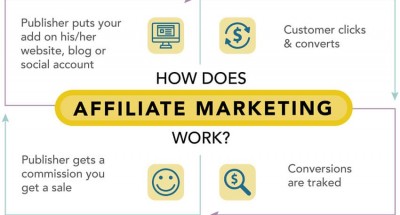There are lots of misconceptions about online reputation management (ORM). Some marketers think ORM revolves around social media monitoring, while others strongly believe it has something to do with business public relations. Still, other marketers literally have no clue regarding ORM and how it can affect their businesses and sales.
Also known as reputation marketing, online reputation management refers to strategies that can help a company improve and respond to the reviews and opinions published by their customers online. Some of these reviews are published on platforms like Yelp, Google My Business, Angie’s List, and more. Here are four distinct online marketing channels involved in reputation marketing.
This includes all digital marketing efforts that need payment to feature your company on external platforms and networks. Display ads on Facebook sponsored posts on influencer blogs, and PPC advertising with Google AdWords are some of the common examples of paid media advertising. This form of marketing extends your reach and drives relevant traffic to your site by creating new relationships with customers and partners.
Earned media generally describes the coverage of your company on external web platforms for which you don’t have to pay. Thus, it requires your business platform to stand out from your competition with exceptional products or services and great content that users find worth mentioning, reviewing, sharing, and reposting.
Your company profiles and pages on social media are an important extension of your unique brand and create great avenues for your target audience to interact. It is, therefore, important to allocate enough resources to these platforms to keep your audience engaged and posting great content regularly.
Owned properties
Your company blogs and websites properties owned by you and that means you have full control over them. Owning more properties offers you a chance to create a better online presence effectively. At the same time, you shouldn’t cause confusion by creating properties that cannot be distinguished from another.
Is ORM relevant?
YES, it is!
Your company’s reputation is #1 asset. Remember, your potential customers are more likely to check reviews online before they make a decision to buy from you. Here is why you should take reputation marketing seriously.
- Reviews show up on search engines
- Customer reviews can help your site rank better on search engines
- Your future clients will judge your products and services based on reviews.
The bottom line is, your business must have an effective plan to get and maintain a great name within your industry.



